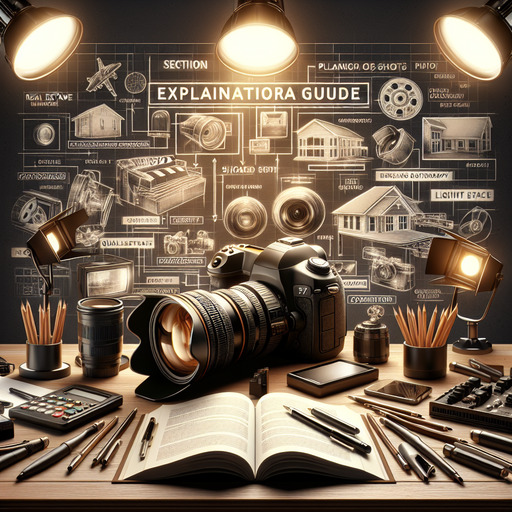
-
Table of Contents
- The Art and Science of Professional Videography Services
- Understanding the Importance of Professional Videography
- The Power of Video Marketing
- Case Study: Wedding Videography
- Key Tips for Effective Videography
- 1. Plan Your Shots
- 2. Focus on Lighting
- 3. Invest in Quality Equipment
- Exploring Different Types of Videography
- Real Estate Videography
- Cinematic Videography
- Conclusion
- Questions and Answers
- 1. What are the benefits of hiring a professional videographer?
- 2. How can I improve my videography skills?
- 3. What equipment is essential for starting in videography?
The Art and Science of Professional Videography Services
In today’s digital age, videography services have become an essential tool for businesses and individuals alike. Whether it’s capturing the magic of a wedding, showcasing a property in real estate, or creating compelling marketing content, professional videography can make a significant impact. This article delves into the world of videography, offering insights, tips, and examples to help you understand and leverage this powerful medium.
Understanding the Importance of Professional Videography
Professional videography is more than just pointing a camera and pressing record. It involves a blend of technical skills, creativity, and storytelling. High-quality videos can enhance brand image, engage audiences, and drive conversions.
The Power of Video Marketing
Video marketing is a potent tool for businesses. According to a study by HubSpot, 54% of consumers want to see more video content from brands they support. Videos can:
- Increase engagement on social media platforms.
- Improve SEO rankings by keeping visitors on your site longer.
- Boost conversion rates by providing a clear, visual representation of your product or service.
Case Study: Wedding Videography
Wedding videography captures one of the most important days in a couple’s life. A professional videographer can create a cinematic experience that preserves memories for a lifetime. For instance, using drone videography can provide breathtaking aerial shots that add a unique perspective to the wedding video.
Key Tips for Effective Videography
Whether you’re a seasoned videographer or just starting, these tips can help enhance your video production skills:
1. Plan Your Shots
Before filming, create a storyboard or shot list. This helps ensure you capture all necessary footage and maintain a coherent narrative.
2. Focus on Lighting
Good lighting is crucial for high-quality video. Natural light is often the best option, but when filming indoors, use soft lighting to avoid harsh shadows.
3. Invest in Quality Equipment
While you don’t need the most expensive gear, investing in a good camera, microphone, and editing software can significantly improve your video quality.
Exploring Different Types of Videography
Videography is a versatile field with various specializations. Here are a few popular types:
Real Estate Videography
Real estate videography showcases properties in a dynamic way, highlighting features that photos might miss. A well-produced video can attract more potential buyers and increase sales.
Cinematic Videography
Cinematic videography focuses on creating a film-like experience. It involves advanced techniques such as color grading, slow motion, and creative transitions to evoke emotions and tell a story.
Conclusion
Professional videography is a powerful tool that can elevate your personal or business projects. By understanding its importance and applying effective strategies, you can create compelling videos that resonate with your audience.
For more information on the impact of video marketing, you can visit this Wikipedia page on Video Marketing.
Questions and Answers
1. What are the benefits of hiring a professional videographer?
Hiring a professional videographer ensures high-quality video production, expert editing, and a polished final product that effectively communicates your message.
2. How can I improve my videography skills?
Practice regularly, study different filming techniques, and seek feedback from experienced videographers. Online courses and tutorials can also be valuable resources.
3. What equipment is essential for starting in videography?
Essential equipment includes a reliable camera, a tripod, a microphone for clear audio, and video editing software. As you progress, you can invest in additional gear like lighting and stabilizers.
If you’re interested in learning more about our videography services or have any questions, please reach out to us via our contact page.